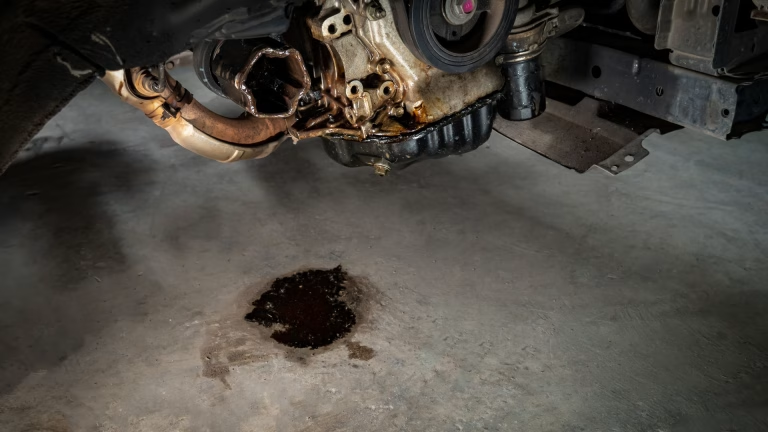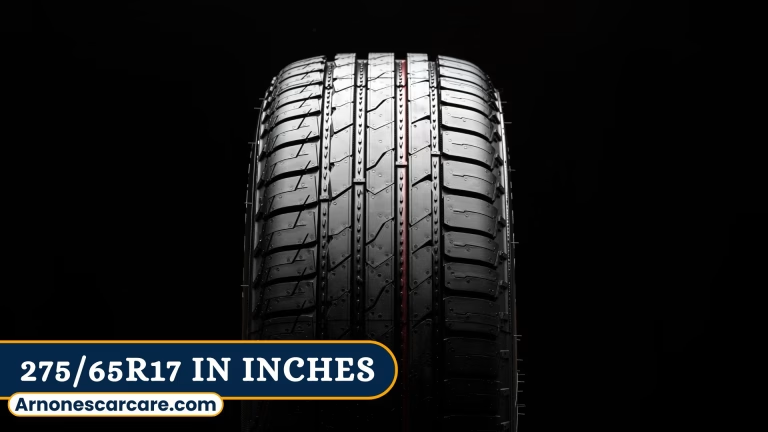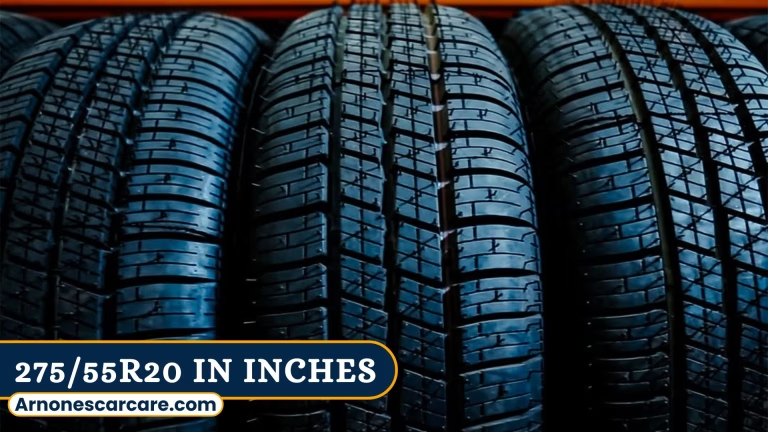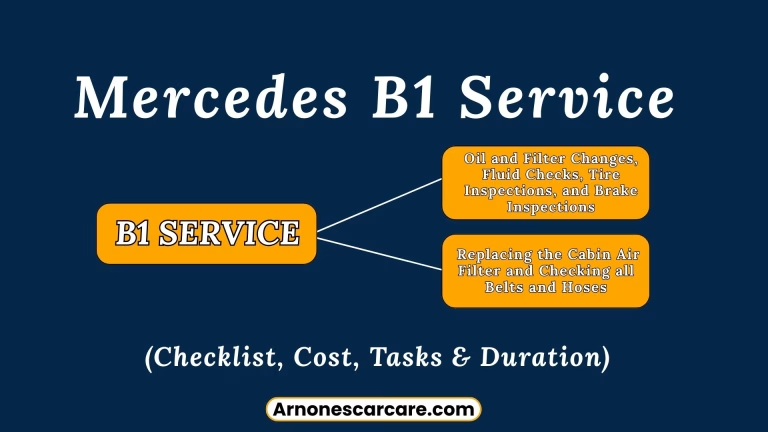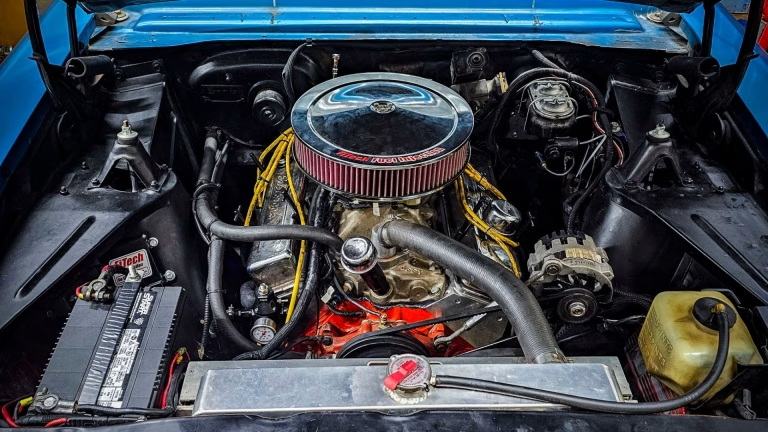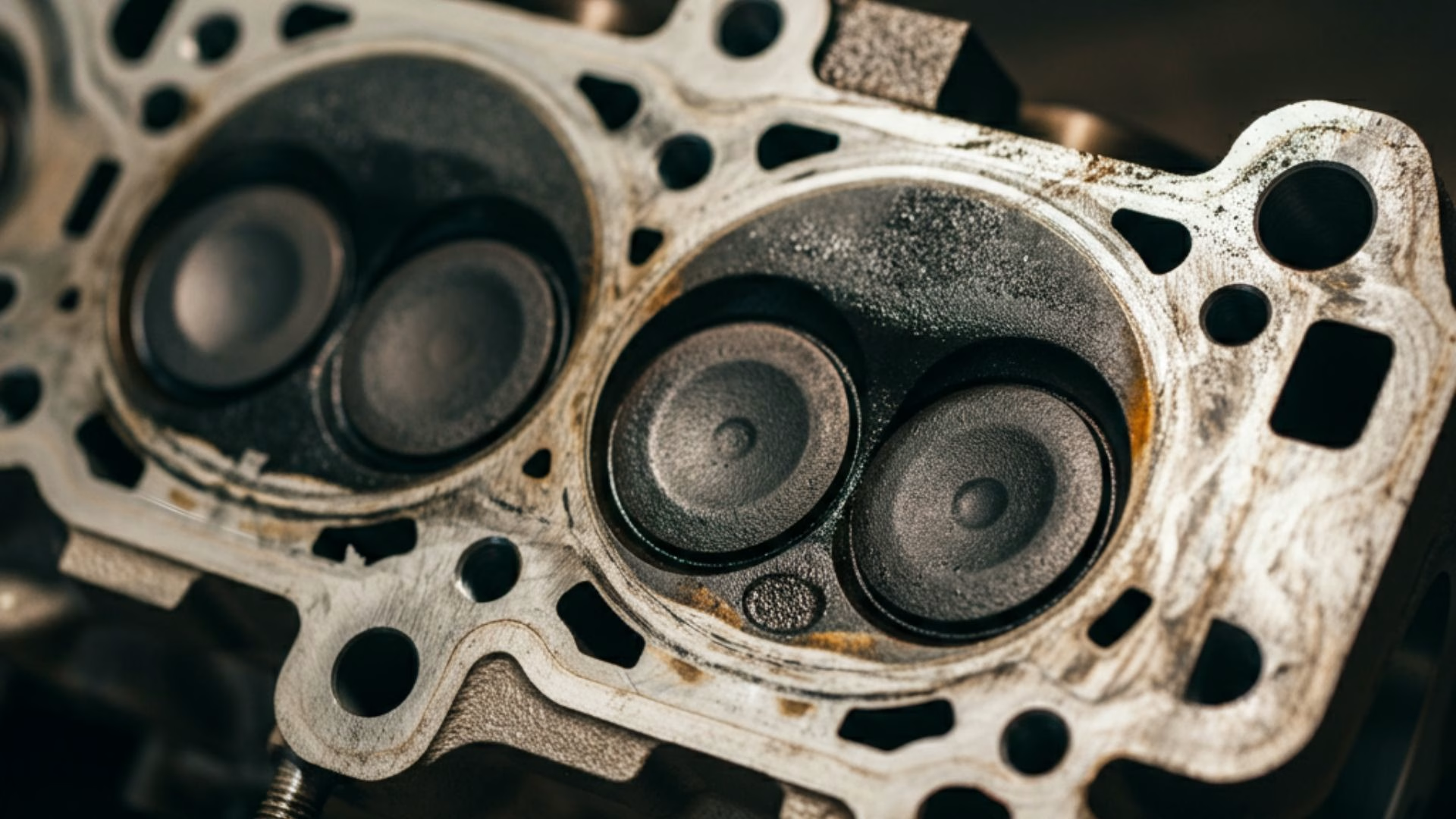
Engine detonation is a destructive phenomenon where fuel and air ignite spontaneously after the spark plug fires, causing violent secondary explosions. This “knocking” not only produces a distinct metallic noise but also generates immense heat and pressure that can severely damage engine components.
At Arnone’s Car Care, I’ve worked on numerous cases of engine detonation, saving engines by addressing its root causes before the damage becomes irreparable.
Breaking Down the Engine Detonation Meaning and Symptoms
When clients bring their cars to me with unusual engine noises, it’s often the telltale signs of detonation. The distinctive engine detonation noise is usually loud, metallic, and rhythmic, especially under acceleration. Other engine detonation symptoms include reduced power, overheating, and in severe cases, visible engine damage like holes in the piston crown.
The combustion process in a healthy engine generates controlled power. However, in detonation, the secondary explosion creates immense pressure and heat, up to 2000°C. These forces hammer the piston, cylinder walls, and bearings, causing significant engine detonation damage such as cracked pistons or melted spark plug electrodes. If left unresolved, detonation could eventually lead to engine compression loss, impacting overall performance.
My Experience Intervening with Quick Fixes
I’ve had cases where customers came in thinking they needed a complete engine replacement, but addressing the engine detonation causes saved the engine. One scenario I recall was a customer driving a high-performance vehicle who consistently used low-octane fuel. He described a pinging noise under load, and by upgrading his fuel to a higher octane rating, we eliminated the detonation entirely.
Why does low-octane fuel cause this? It burns slower, which leads to combustion occurring when it shouldn’t. This is a critical distinction when we explore engine detonation vs pre-ignition. While pre-ignition is the combustion before the spark plug fires (often caused by glowing deposits or overheating), detonation happens after the ignition and is characterized by a high-pressure shock wave that clashes with normal combustion.
Common Causes of Engine Detonation
From my years of experience, these are the top contributors to engine detonation, whether here in Kansas City or elsewhere:
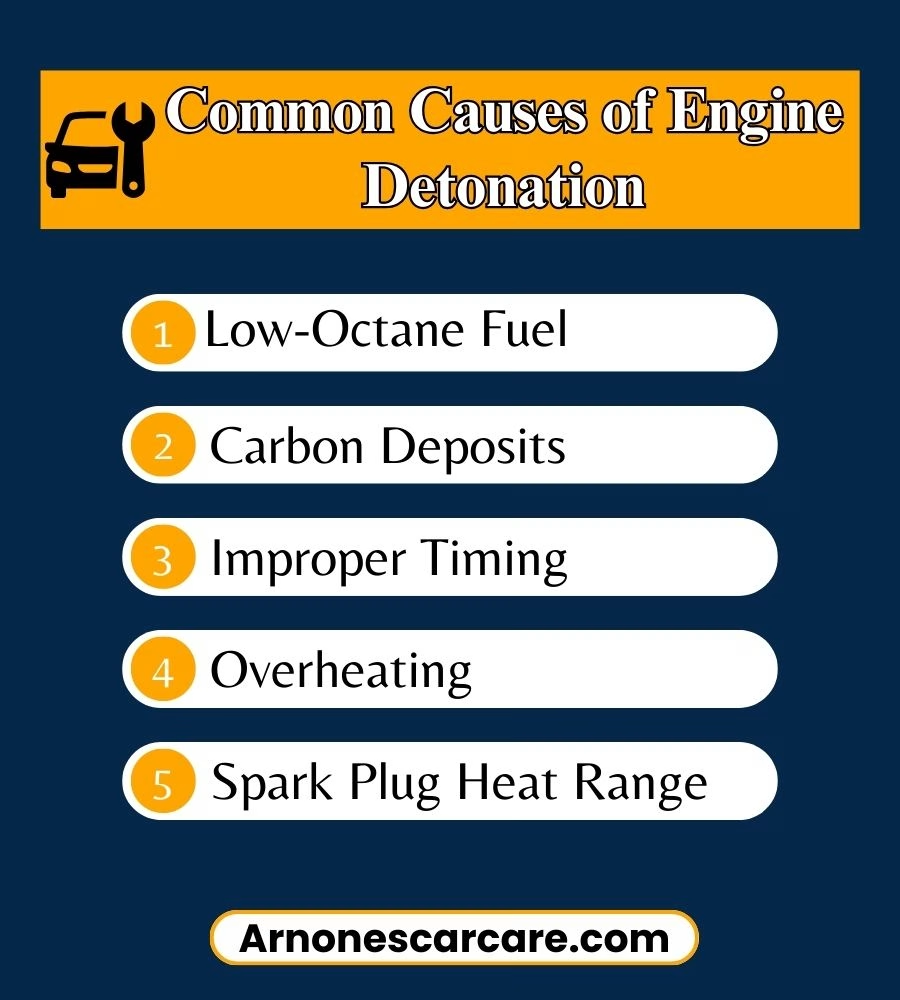
- Low-Octane Fuel – High-performance engines demand high-octane fuel to prevent detonation. Always check your engine’s requirements.
- Carbon Deposits – Residual deposits in the combustion chamber can create hot spots, triggering premature ignition. Fuel additives like AMSOIL P.i. are effective in cleaning these deposits.
- Improper Timing – Over-advanced ignition timing can create excessive cylinder pressures. Modern car computers often dial back timing to prevent this.
- Overheating – A cooling system in distress (like a failing water pump or thermostat) increases temperatures and encourages detonation under load conditions. Read more about the importance of a healthy car cooling system to keep these issues at bay.
- Spark Plug Heat Range – Using the wrong spark plug heat range for your engine exacerbates the generation of engine hotspots. Cooler plugs can resolve this.
The Role of Detonation in Aviation Engines
Over the years, I’ve come across pilots who’ve shared horror stories about engine detonation aviation problems. With aviation engines relying heavily on 100-octane leaded fuel, detonation becomes catastrophic in-flight due to extreme pressures. This is why slight over-heating in aviation engines is meticulously checked.
One story stands out where an improperly adjusted timing belt led to misfires and eventual detonation damage. A quick correction saved the engine, but it served as another reminder about how small misalignments can have devastating consequences in high-stress environments.
Prevent, Don’t Repair
Here’s what I advise anyone after diagnosing detonation at Arnone’s Car Care:
- Use high-octane fuel. If your manual specifies 91 or 93 octane, don’t risk running regular gas.
- Keep your cooling system in top condition. Regular maintenance ensures you’re not driving with an engine that runs hotter than it should.
- Don’t ignore engine detonation sound. Knocking sounds are the early red flags.
- Remove carbon deposits. Periodic engine cleaning avoids the creation of those glowing hotspots in cylinders.
Students of engine mechanics often ask me the difference between regular knocking and true detonation. I direct them to check distinct cases, such as engine knocking sounds, to differentiate the two, as the solutions often vary significantly.
Final Thoughts
Engine detonation is serious. It doesn’t just ruin your car’s performance; it tears your engine apart from the inside. At Arnone’s Car Care, we make sure we tackle detonation head-on through preventive measures and early intervention techniques. Whether it’s in a modern turbocharged engine, a vintage V8, or even an airplane engine, the approach is often the same—remove the heat, reduce the pressure, and eliminate the spark of destruction.
If your car exhibits any signs of knocking or loss in performance, don’t hesitate to get it inspected. Call us at Arnone’s or stop by our shop in Kansas City, and together, we’ll keep your engine running smoothly and efficiently!
Reliable Diagnostics for Peace of Mind
Is your car showing signs of engine trouble? Don’t wait for things to get worse—call Arnone’s Car Care in Kansas City for fast, reliable diagnostics. Our team of certified mechanics is committed to delivering top-quality service, ensuring that your vehicle is repaired right the first time. Dial (816) 471-8560 to make an appointment today and rest easy knowing your car is in good hands with our honest and expert services.

